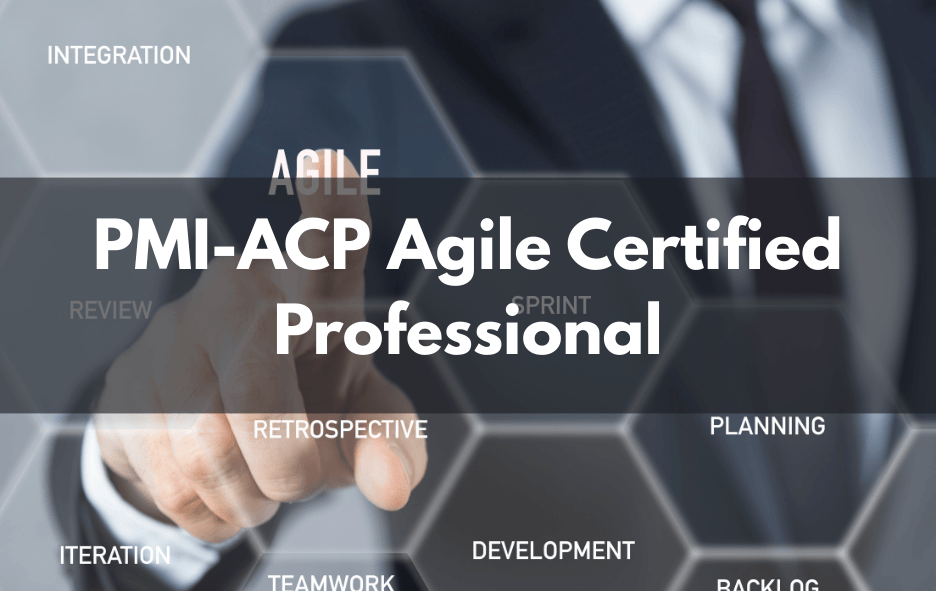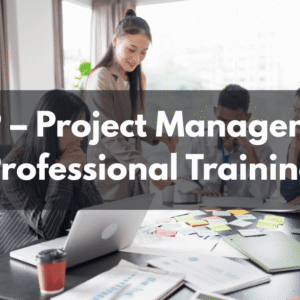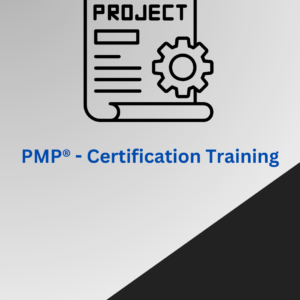PMI-ACP® is a highly recommended certification course in the agile project management domain. CG’s PMI-ACP® course material and practice exam questions are updated every six months to keep you updated with the latest trends and technologies. CG’s PMI-ACP® course is designed and perfected by a collaborated team of industry experts and lead instructors. The course has several add-ons to supplement learning during and after the certification training.
Sale!
Agile and Project Management
PMI-ACP Agile Certified Professional
$99 – $1,699Price range: $99 through $1,699
PMI-ACP® (Agile Certified Practitioner) training is one of the most recommended training in the agile project management domain. PMI agile practitioner basically recognizes the knowledge of agile principles and your skill with agile techniques. The PMI-ACP certification recognizes an individual’s expertise in using agile practices in their projects, while demonstrating their increased professional versatility through agile tools and techniques.
SKU: N/A
Category: Agile and Project Management
Related products
-
Trending courses
Project Management Techniques
$99 – $899Price range: $99 through $899 Select options This product has multiple variants. The options may be chosen on the product page -
Trending courses
PMP – Project Management Professional Training
$99 – $1,699Price range: $99 through $1,699 Select options This product has multiple variants. The options may be chosen on the product pageRated 4.80 out of 5 -
Trending courses
Change Management Certification Training
$99 – $999Price range: $99 through $999 Select options This product has multiple variants. The options may be chosen on the product page





